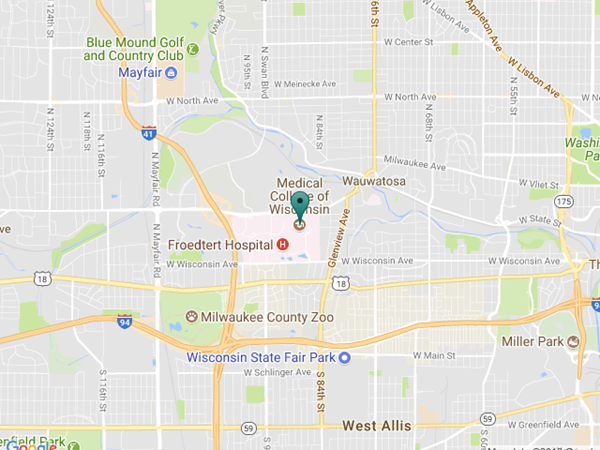Medical College of Wisconsin Gastroenterology Fellowship Program
The Gastroenterology Fellowship Program at the Medical College of Wisconsin (MCW) has a proud history of training over 120 physicians who have gone on to distinguish themselves in academic gastroenterology and clinical practice throughout the USA and the world. MCW graduates have attained high professional honors directing academic Divisions of Gastroenterology and being named Presidents of National Societies of the American Gastroenterological Association and American Society of Gastrointestinal Endoscopy.
The Gastroenterology Fellowship Program at the Medical College of Wisconsin is fully accredited by the Accreditation Council for Graduate Medical Education (ACGME).
Why MCW?
Program Details
Program Leadership

Francis Edeani, MD
Assistant Professor
Program Director for Research, Gastroenterology and Hepatology Fellowship

Daniel J. Stein, MD
Director, Vice Chair for Education, Professor
Associate Program Director, Gastroenterology and Hepatology Fellowship
Reasons to live in Milwaukee
First Year Fellows
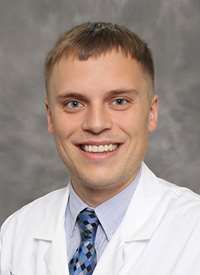
Daniel Arndorfer, MD
Gastroenterology Fellow

Alexander Kerschner, MD
Gastroenterology Fellow
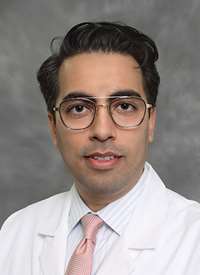
Sarosh Khan, MD
Gastroenterology Fellow
Second Year Fellows

Chanelle Chua, MD
Gastroenterology Fellow
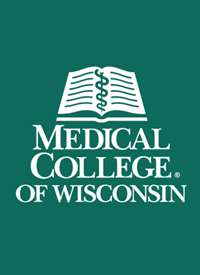
Neil Jariwalla, MD
Gastroenterology Fellow
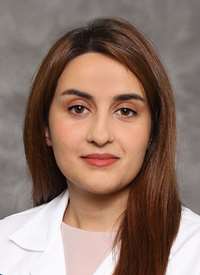
Talia Malik, MD
Gastroenterology Fellow
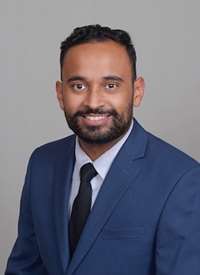
Paraj Patel, MD
Gastroenterology Fellow
Third Year Fellows
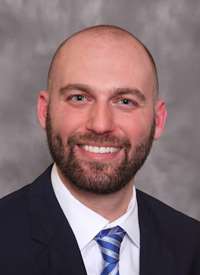
Adam Benjamin, MD
Gastroenterology Fellow
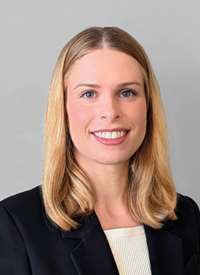
Tavia Buysse, MD
Gastroenterology Fellow
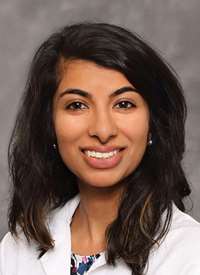
Sonya Dave, MD
Gastroenterology Fellow
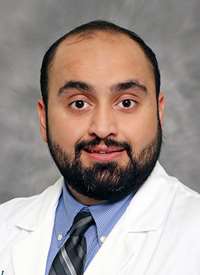
Hamza Hassan, MD
Gastroenterology Fellow
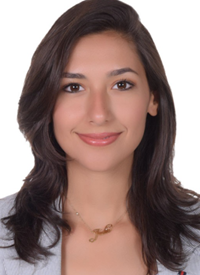
Judie Hoilat, MD
Gastroenterology Fellow
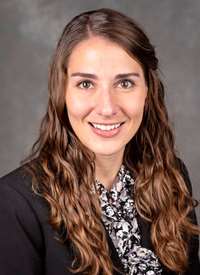
Mary Nemer, MD
Gastroenterology Fellow
Contact Us
Gastroenterology and Hepatology Division
Medical College of Wisconsin
8701 Watertown Plank Rd.
Milwaukee, WI 53226
Maps & Directions to MCW
Maps & Directions to Froedtert Hospital
Maps & Directions to VA Medical Center
Francis Edeani, MD
Program Director
Julie Alexander
Education Program Coordinator II
jualexander@mcw.edu
(414) 955-0516
